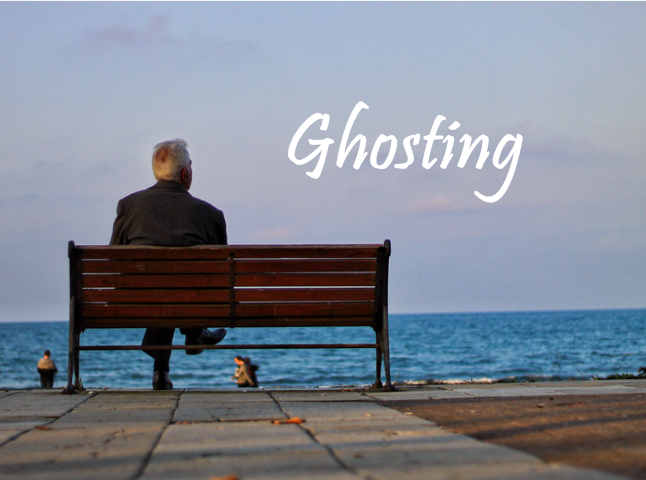In the era of technology and social media, new terms have been introduced into our lexicon that encapsulate novel behaviors that the digital age has made possible. One of these terms is ‘ghosting.’ Originating in the dating sphere but now expanded into friendships, professional contexts, and other interpersonal relationships, ‘ghosting’ refers to the act of suddenly cutting off all communication with someone without any explanation.

Though it may seem an easy escape route from uncomfortable confrontations or the anxiety of ending relationships, ghosting creates a plethora of emotional, psychological, and social implications that extend beyond the immediate moment. Here are some reasons why ghosting is more damaging than you might realize.
1. Inflicting Emotional Pain:
The abrupt nature of ghosting leaves the person on the receiving end with a whirlpool of emotions—confusion, self-doubt, anger, and sadness, to name a few. This emotional jolt can feel akin to a form of social rejection, and research has shown that social rejection activates the same pain pathways in the brain as physical pain. Ghosting essentially can inflict emotional pain that feels very much like physical pain.
2. Breeding Insecurity and Self-Doubt:
The absence of closure that comes with ghosting can lead to a destructive cycle of self-blame and introspection. The ghosted individual might question their actions, words, and overall worth, pushing them into a spiral of self-doubt and insecurity. This lack of clarity can breed unhealthy thought patterns and damage their self-esteem.
3. Eroding Trust:
Ghosting erodes trust, not just in the context of the relationship where it occurred, but it can also impact the individual’s future relationships. It makes it harder for them to trust others, fearing a repeat of such behavior. This fear and skepticism may limit their ability to connect with others on a deep, genuine level.
4. Promoting Avoidance Behaviour:
On the other end, ghosting sets a poor precedent for conflict resolution for the person doing the ghosting. It promotes avoidance behavior, where rather than facing an issue head-on, individuals may choose to disappear or remove themselves. This could potentially hamper their emotional growth and their capacity to navigate complex human interactions.
5. Consequences on Mental Health:
From a mental health perspective, ghosting can lead to anxiety and depression. The ambiguity and the silence can create a sense of rejection, loneliness, and a constant state of uncertainty that could potentially trigger mental health issues.
While ghosting might seem like a convenient solution to dodge difficult conversations or confrontations, its impact is far-reaching and can be devastating for those on the receiving end. It’s always better to communicate openly, even if it might be difficult or uncomfortable. The digital age shouldn’t erode the age-old virtue of empathy, respect, and open conversation.
In a world where it’s easier than ever to connect, we should strive to foster a culture of understanding and compassion. After all, at the heart of all our digital communications, we’re still human beings, capable of feeling pain and deserving of respect. So, next time you’re thinking about ghosting, reconsider and remember that a conversation is often the kinder route to take.